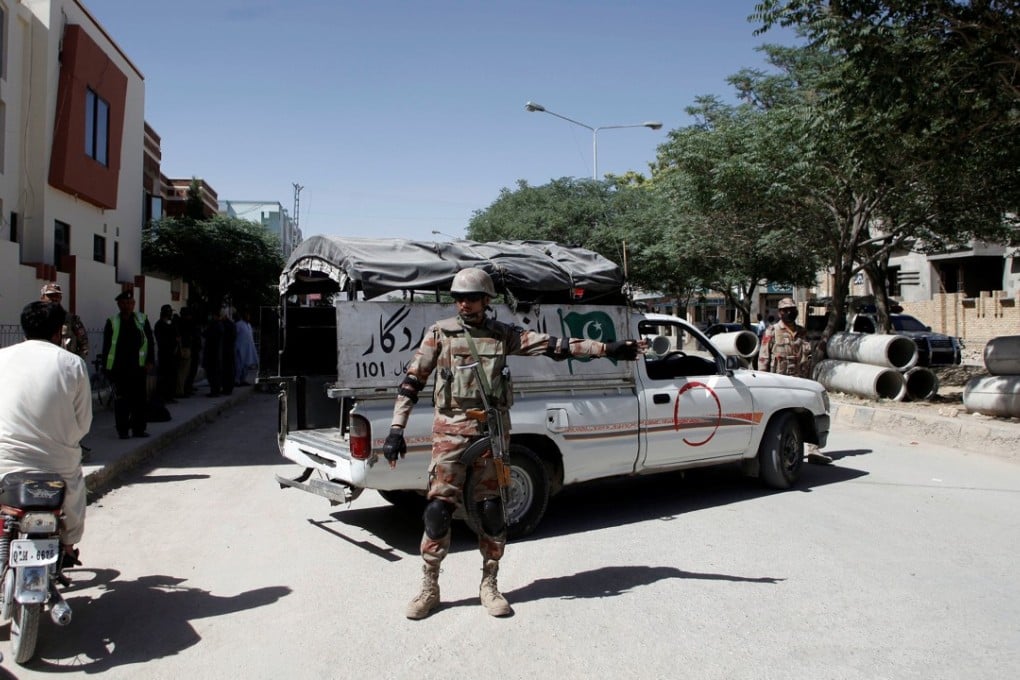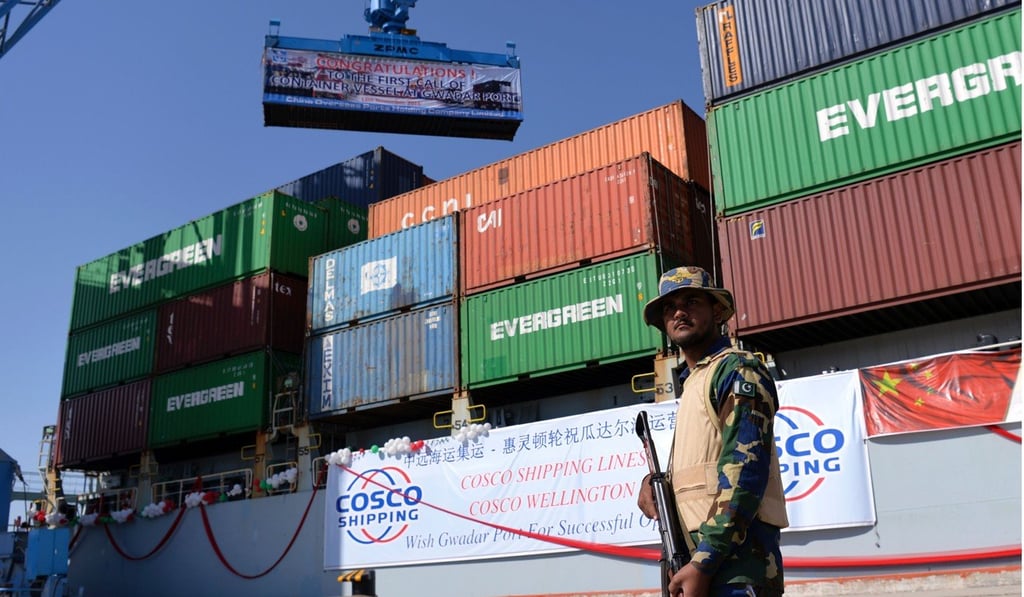Islamic State killings: sign of things to come for China in Pakistan?
As Beijing’s investment in the country grows with its New Silk Road ambitions, so too will the threat faced by its citizens

The reported murder of two Chinese citizens by Islamic State terrorists in Pakistan on Thursday underscores the complications Beijing faces by massively expanding its economic and diplomatic presence in Southwest Asia.
The two Chinese language teachers were kidnapped on May 24 from the western city of Quetta, the dusty capital of Balochistan province, a fault line of regional geopolitics that Beijing is increasingly becoming involved in as a consequence of its Belt and Road Initiative outreach to the Middle East and Africa through the strategic port of Gwadar.
Highway to sell: How $55b trade corridor rekindled China-Pakistan romance
Navy vessels from the People’s Liberation Army have been providing security escorts to Chinese commercial vessels since they began plying services through Gwadar in November and the port will in the future house a detachment of PLA marines, making it China’s second overseas military base after Djibouti.

“The protection afforded to Chinese personnel in Pakistan has been significantly upgraded since a spate of kidnappings and killings that took place a decade ago, and CPEC has taken it up several more notches. But the scale of the project inevitably means there will be other Chinese nationals drawn to take on jobs in the country, who are softer targets,” said Andrew Small, author of The China-Pakistan Axis: Asia’s New Geopolitics.
China in the middle: Pakistan trade corridor under spotlight
The announcement of the hostages’ execution by the Islamic State (IS) news agency Amaq came hours after the Pakistani military announced its forces had conducted a three-day assault on a base established by a local IS affiliate in a remote cave system near Mastung, 86km southeast of Quetta.